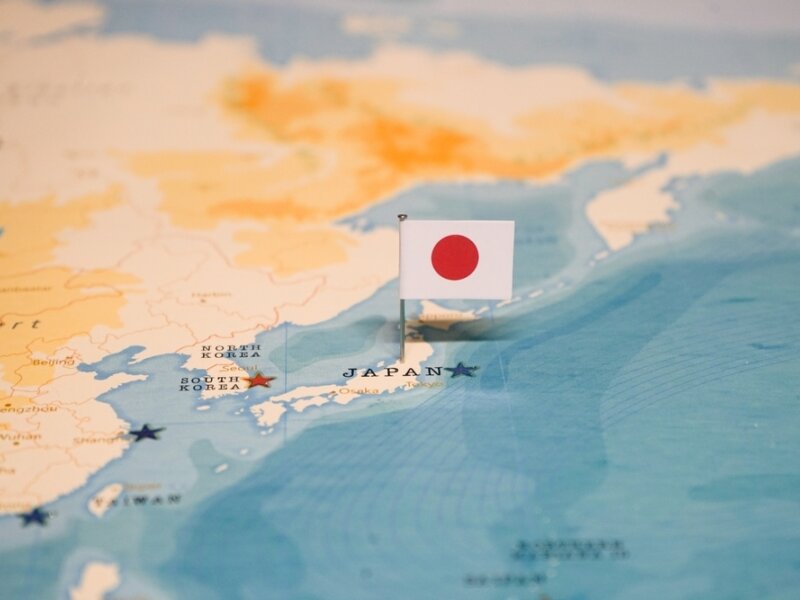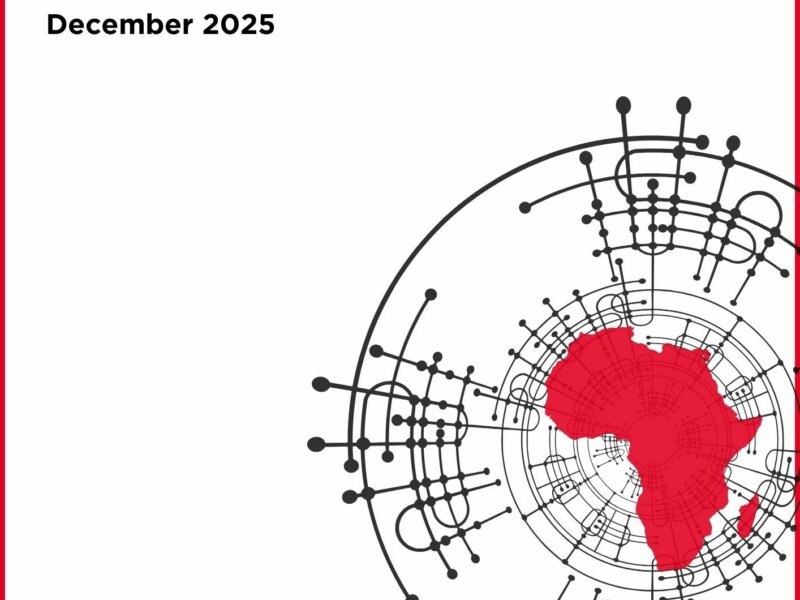The geopolitical competition between China and the U.S. in new technologies.
We are pleased to release the paper by Antonio Stango - analyst at Med-Or and an expert of international organizations - produced within the framework of the “Digital Geopolitics” project, promoted by Med-Or Foundation, in collaboration with the Center for International and Strategic Studies (CISS) of Luiss Guido Carli, thanks to the support of the Compagnia di San Paolo Foundation.

In the new global scenario, technological competition appears increasingly central to the logic of power dynamics in international relations, to the point of being a key factor for both economic growth and military superiority.
In this context, the paper examines the main drivers of technological competition between United States and China, ranging from semiconductors to critical raw materials, artificial intelligence, and digital infrastructures. The study of these topics follows a SWOT analysis approach for both actors, with a focus on the international legal and economic frameworks.
It is possible to download the full paper, published on the Luiss SoG website, at this link.



